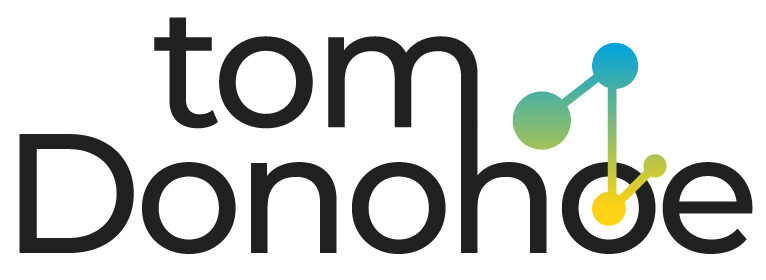Six benefits of continuous professional development

The average student is no longer a high school graduate. The average student no longer comes from a high school diploma but is a mix of people of all ages and backgrounds.
Today’s students are made up of a wider range of age groups. The number of older students is on the increase. It’s estimated that by 2020, the American student population will exceed 9 million. This shift can be attributed to the fact that employers and graduates alike are realizing how important upskilling and business success is.
Continuing professional development can have many benefits for students, including enhancing their personal and professional lives.
1. Increase your earning potential
Lifelong learning can lead to higher career earnings, up to $655,000, throughout a career.
Graduates and professionals can boost their earning power by upgrading their skills or learning new ones that are relevant to their workplace. Many graduates don’t know what is required of them before they join the workforce.
Continuous learning is a flexible way to upgrade your skills. As more institutions offer programs ranging from foundational, specialist, and expert levels, the range of options available also changes.
Future and current employees with the right skills and a desire to upskill will be able to command higher salaries in the future, especially as technological disruptions like automation, robotics, and cognitive technologies are becoming more common.
2. Creating Opportunities
The opportunities that lifelong learning creates are another benefit. A wider knowledge base and more skills can help an individual to be more socially engaged. There are more topics for discussion or in new social situations.
The more knowledge a student or a professional has the greater their contribution to an organization or role. Continuously upskilling means that you will have more opportunities to get hired and a better chance of promotion.
As a professional in marketing, if you work in a fast-paced, digital environment, you would be a better asset to a company or agency if your digital skills were more advanced.
3. Collaboration Skills: Increasing your ability to work with others
Collaboration is encouraged by continuous learning. Learning environments nurture collaborative skills, whether it is through group work or online communities on an eLearning course.
Collaboration is a necessity in most jobs, especially as offices are becoming more open and encouraging hot-desking. Transitioning from student to graduate and then employee may require some adjustment. However, a collaborative approach can help build relationships, develop into a new role, and be more innovative.
Continuous learning can foster collaboration and create a positive workplace culture. Happy employees are 12 percent more productive than unhappy ones.
4. Heightening Awareness
No longer can learning be confined to one period in life. Continuous learning can be valuable at any career stage.
Knowledge and Awareness go hand-in-hand. Students can learn new skills or update old ones to become aware of the latest trends and developments within a field they are interested in, or that is important to their job.
Consider data analytics. Data is everywhere, and companies can engage and influence their customers by knowing what they think. The ability to analyze data can be a key factor in generating sales and leads for marketers and sellers. Learning about the latest developments in analytics can help job seekers or professionals excel in their roles and become leaders or experts that others look to.
5. Improve Health
There is evidence that learning can improve Health, in addition to the financial, career, and industry benefits mentioned above. Education is similar to exercising your brain. It also contributes to better mental and physical Health.
This is especially true for improving memory and keeping the mind sharp. There is also a connection between reading, which can lead to an increased lifespan due to the increased connectivity of brain cells. Reduced stress levels are also associated with reading, which helps to avoid conditions like high blood pressure and heart disease.
6. Driving Curiosity
Curiosity is a quality that parents and schools encourage in children. According to “Psychology Today,” many psychologists see Curiosity as an essential life force for happiness, intellectual development, and well-being.
As we age, it is easy to let daily tasks and pressures overshadow our Curiosity. Curiosity can be sparked as learners explore different topics and areas. Learning can be interactive, which can stimulate new questions and new ways of thinking about concepts.
This Curiosity can be a powerful tool to help develop a person, and it can affect many areas of their life. It can ultimately foster creativity and a different way of thinking, which can open up new doors, both literally and metaphorically.
As individuals value continuous professional development, the demand is increasing. Of personal learners, 87% say that their activities have helped them to feel more competent and well-rounded. 69% of these individuals say their learning has opened new perspectives.
Every professional wants to learn in a way that is both effective and beneficial.





